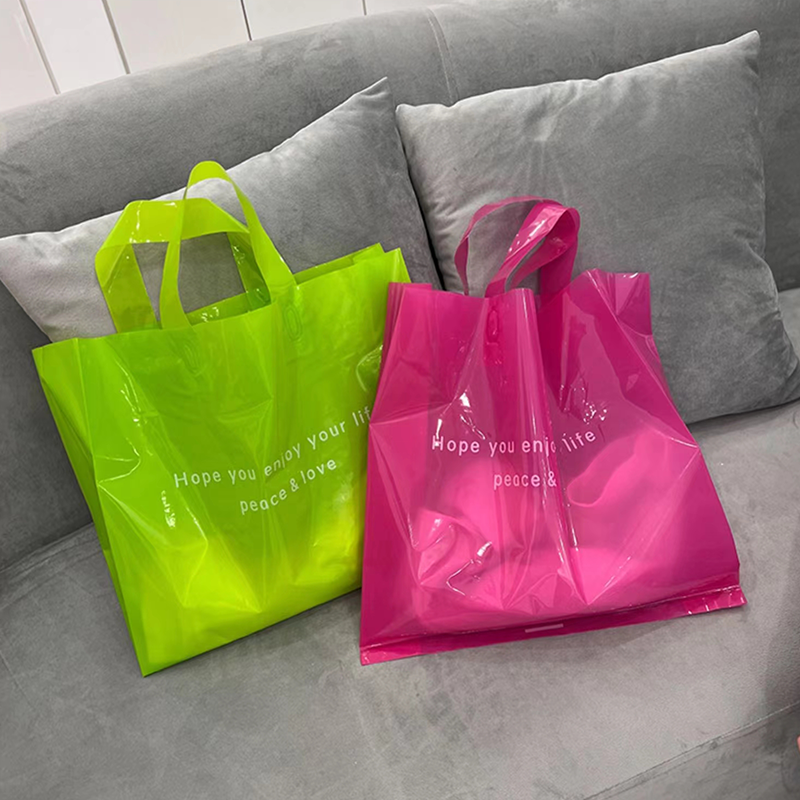Custom PP Woven Bulk Bags Slash Shipping Costs – MOQ 5000 Ships Tomorrow
Why Custom Bulk Bags Revolutionize Industrial Shipping
Modern supply chains demand packaging solutions that balance durability with cost efficiency. Custom PP woven bulk bags have emerged as a game-changer for businesses transporting granular materials like grains, chemicals, or construction aggregates. Unlike rigid containers, these flexible yet tear-resistant bags conform to pallet dimensions, maximizing container space utilization while minimizing wasted cubic footage. The inherent lightweight nature of polypropylene reduces deadweight in transit – a critical factor when shipping full truckloads or containerized cargo where every kilogram impacts fuel expenses.
Cost-Saving Design Features of Customizable Bulk Packaging
Strategic customization transforms standard bulk bags into profit-protection tools. Reinforced bottom panels prevent blowouts during high-volume filling operations, while UV-stabilized weaves protect contents during prolonged outdoor storage. Smart designs incorporate easy-access spouts and lift loops compatible with automated handling systems, reducing warehouse labor requirements. These adaptable features enable seamless integration with existing production workflows, eliminating bottlenecks in packaging lines.
Accelerating Time-to-Market With Responsive Manufacturing
Time-sensitive industries cannot afford production delays caused by packaging shortages. The combination of low MOQ thresholds and rapid manufacturing protocols ensures continuity for seasonal operations or unexpected demand surges. Advanced looms create precision-woven fabrics within 48-hour cycles, while digital printing technologies apply client-specific branding without traditional plate-making delays. This agility proves indispensable for exporters needing urgent compliance labeling adjustments or promotional packaging refreshes.
Optimizing Load Security Across Transport Modes
Cross-continental shipping amplifies risks of product damage from vibration, compression, and humidity fluctuations. Multi-layered PP fabric constructions with moisture barriers safeguard hygroscopic materials like fertilizers or specialty resins. Anti-static variants safely transport combustible powders, while vented designs prevent organic matter degradation. By matching bag specifications to cargo characteristics and transit routes, logistics managers mitigate insurance claims and customer disputes over compromised shipments.
Sustainability Advantages Driving Procurement Decisions
Corporate sustainability mandates now prioritize reusable and recyclable transport packaging. PP woven bags outperform single-use alternatives through multiple lifecycle rotations – cleaned and repaired for repeated deployments. At end-of-life, the material's thermoplastic properties enable pelletization for new industrial applications, aligning with circular economy principles. Environmentally conscious suppliers increasingly demand ISO-certified documentation verifying recycled content percentages and energy-efficient production methods.
Calculating Total Cost of Ownership for Bulk Containers
Forward-thinking procurement teams evaluate packaging investments beyond per-unit pricing. Dimensional optimization reduces per-shipment container counts, while stackable designs lower storage facility overhead. Compatibility with returnable pallet systems creates closed-loop logistics networks, particularly valuable for intra-company transfers. Manufacturers offering CAD-assisted load testing reports help quantify potential savings from reduced product loss and improved handling speeds.
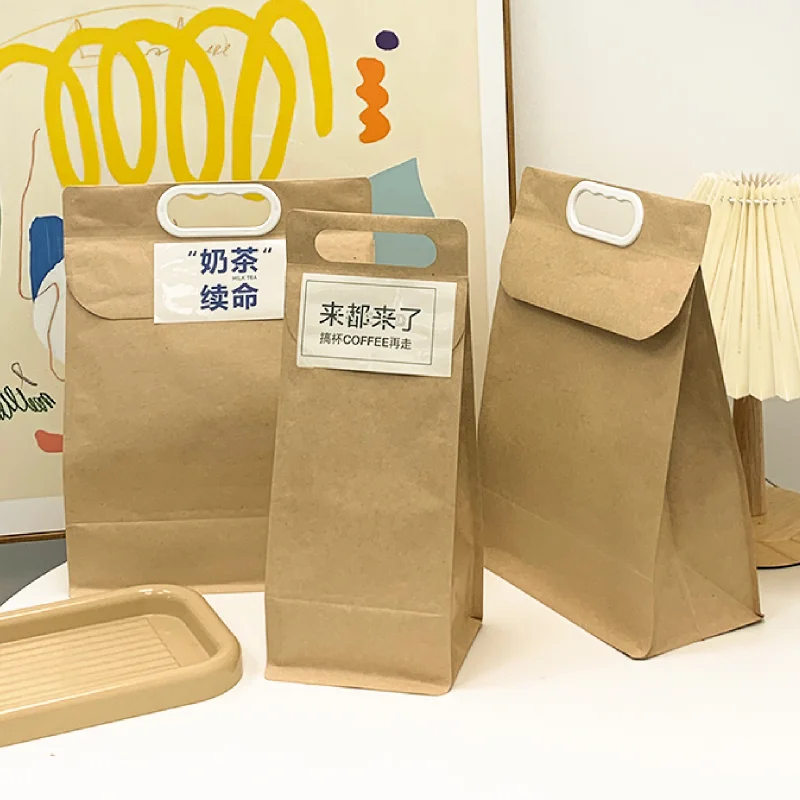
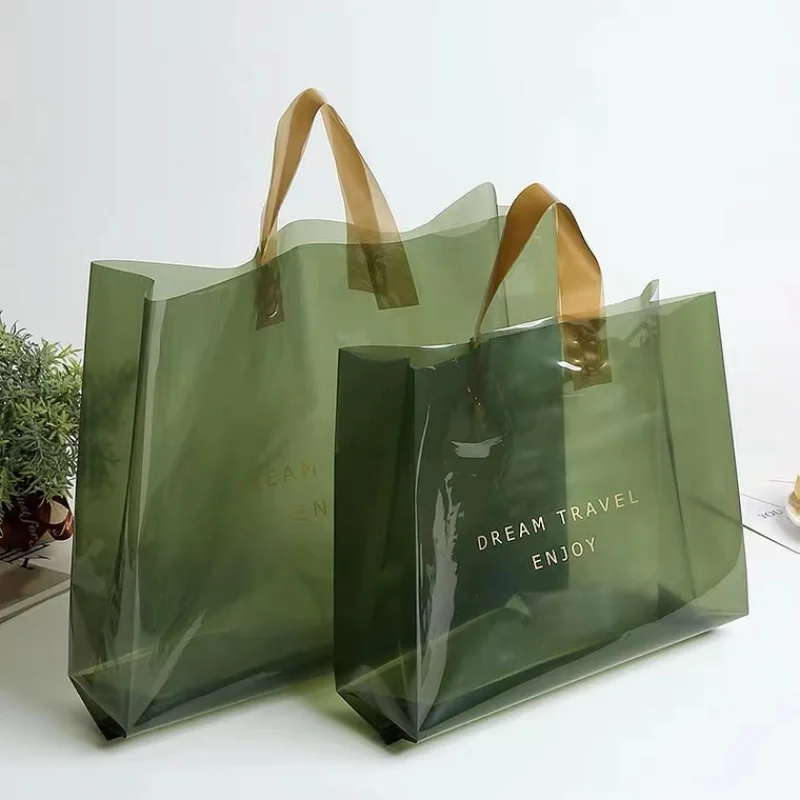
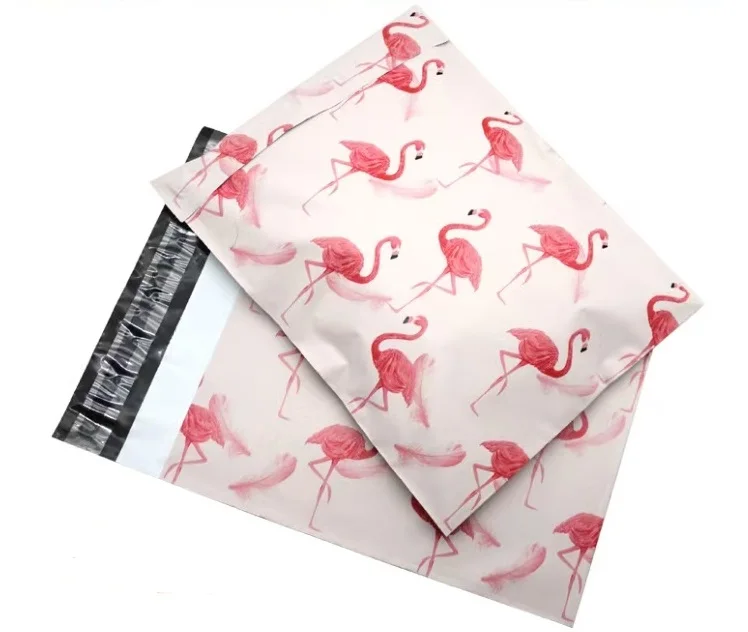
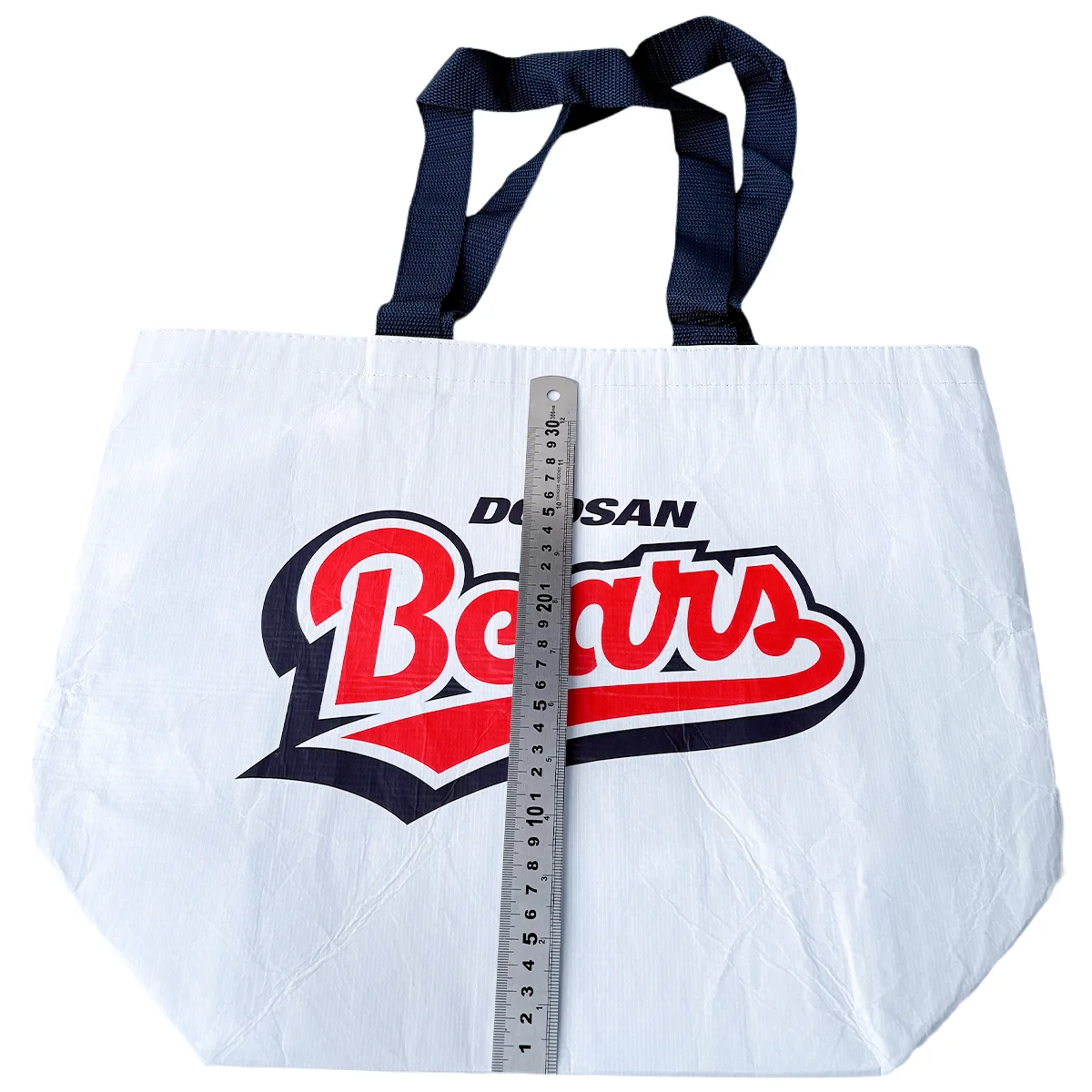
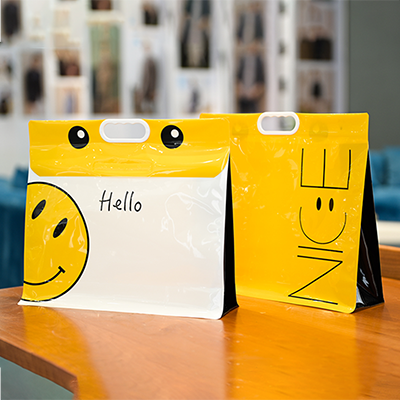
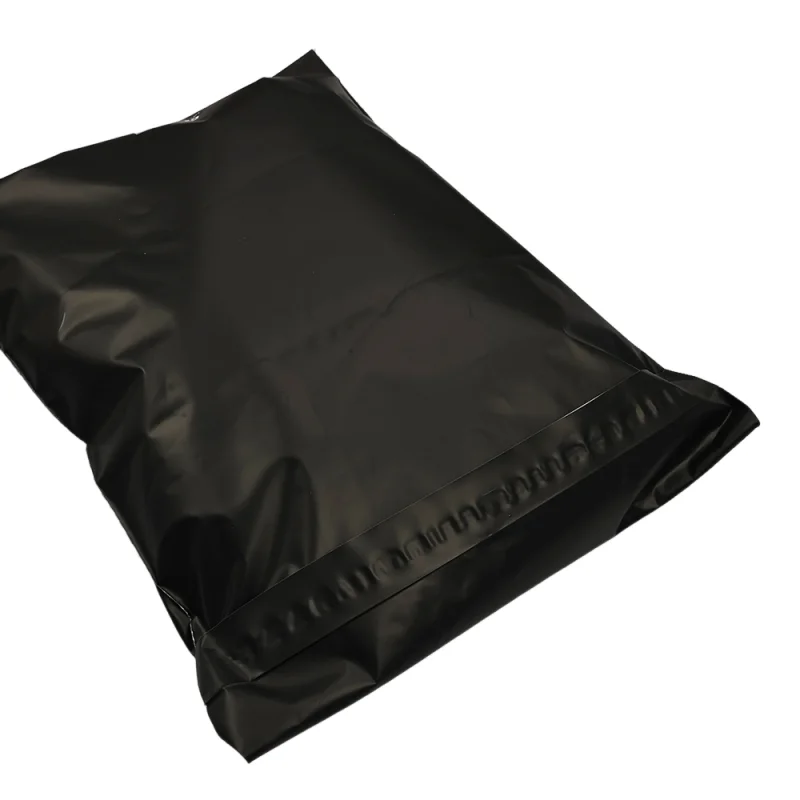
 Hot News
Hot News